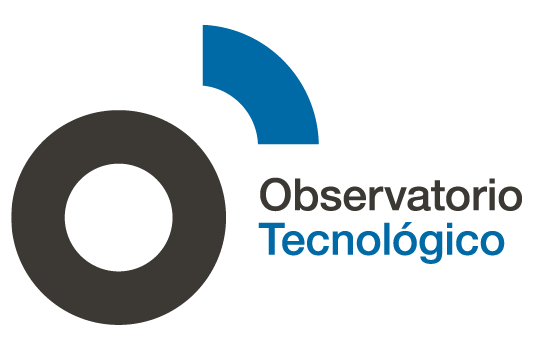Autores: Peyronnard, O.|Benzaazoua, M.
Fuente: Resources, Conservation and Recycling
56(1), 22-33
2011
This study is a first step in investigating the possibility to create low cost alternative binders by reusing industrial by-products as supplementary cementitious materials. The created binders are dedicated to applications requiring low mechanical strength like waste stabilisation/solidification or mine backfill. A total of 8 by-products are tested: 6 for their pozzolanic proporties (waste glass, 2 kinds of wood ashes, deinking sludge ash, copper slag, and CAlSiFrit®) and 2 as hydration activators (cement kiln dust and fluorgypsum).
The results obtained show that the tested pozzolanic by-products participate to the strength development. These by-products are sufficiently reactive to substitute between 20 and 50% of Portland cement. Fluorgypsum can be used as a calcium source but has to be mixed with Portland cement because of its residual acidity. Finally, cement kiln dust promotes the mechanical strength development when added at low amounts (5%).
Economical and environmental benefits of using by-products-based binders are discussed. It is estimated that binder supply costs could be reduced by up to 37.5% with interesting environmental benefits including a reduction of greenhouse gas emission.
Si desea obtener más información sobre este contenido contacte con nuestro Centro de Documentación
Regístrate para leer más

